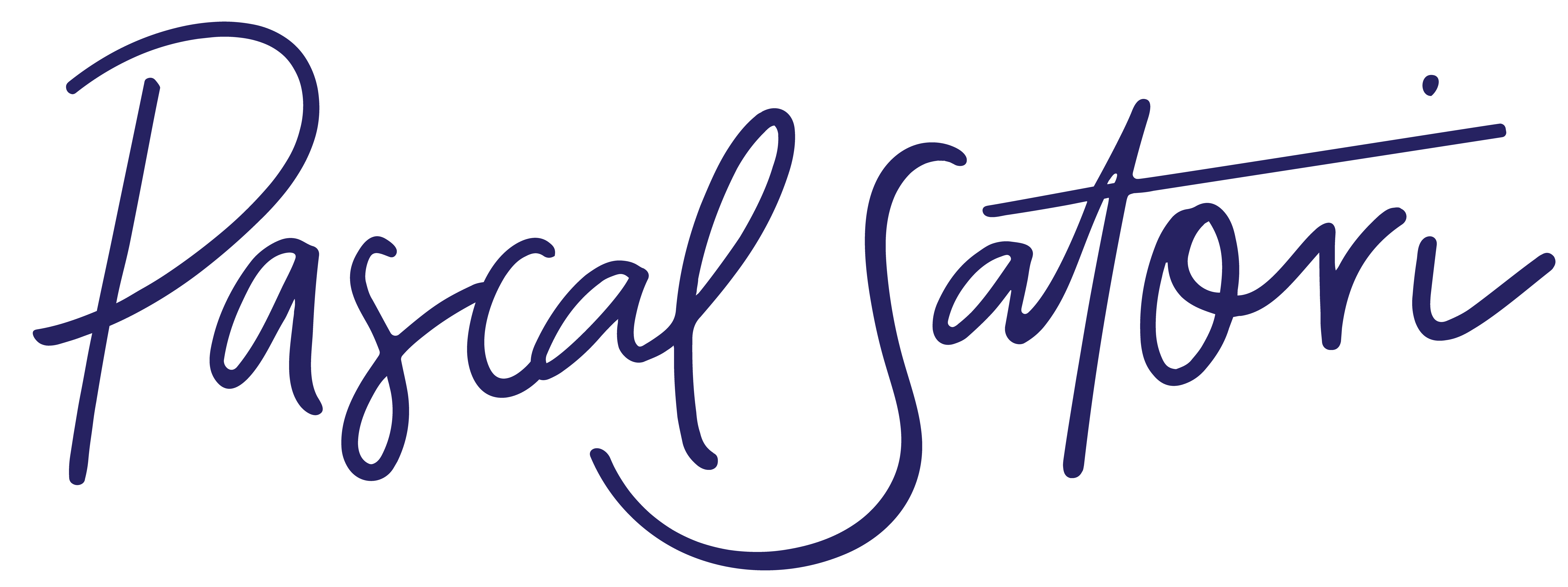Subject to unpopular opinion, company culture is much more than table tennis tables and Friday drinks at your desk. And in fact, all those (somewhat stereotypical) attempts organisations have been implementing throughout their office refurb, or team calendar usually fall short of anything that is sustainable, or actually inspiring.
Effectively creating a company culture that directly engages with those within the organisation, as well as satisfies the expectations of those outside it, strengthens connection with customers and feeds the success of seemingly unrelated goals – such as profitability, productivity and growth.
In fact, a complete synergy between brand and culture is what actually delivers on the elusive (and obsessed over) trait of ‘Authenticity’.
Company Culture vs. Brand Culture
Before the last few decades, Company Culture and Brand Culture have been treated as two distinct focuses.
Company culture has been defined as the personality of your workplace, a shared ethos if you will. It can be found in the activities your workplace undertakes as well as the atmosphere that is created within the space. Focusing on the internal environment of your company.
Brand culture, on the other hand, has been positioned as the culture that a company develops to consistently and competitively deliver its brand to the market, it’s how your team brings the brand alive for your customers.
However, the truth that we’ve seen play out these days – especially with the rise of millennial and younger generations entering the workforce, is the synergy between the two – and how they both need to fall under the brand strategy. Now more than ever, the internal environment of your company affects your external representation and reputation.
The culture you cultivate is an expression of the people who work for your brand, the way you work and what you stand for. These are all integral components of living your brand as an underpinning component of your business strategy. When is comes to culture and branding, one influences the other, and vice versa. It’s a continuous loop that once spinning can actually lead to you attracting (and retaining) the right talent AND customers simultaneously.
How Culture affects a Brand
Consumers aren’t easily convinced by marketing efforts anymore BUT they do respond to a real, honest and personal brand, we’ve said it before but it really is about having that emotional connection! This means your identity must be authentic in order to be trusted by your customers. If you’re claiming one thing but practising another because the culture you’ve projected doesn’t fit your strategy then you’ll leave your audience confused. If the people that work for you don’t believe or understand what the business is saying, how can customers understand how it satisfies their needs or aligns with their values?
Culture and Brand need to be intertwined for an organisation’s strategy to be successful.
Culture and brand must be intertwined for strategies to be effective, the longevity of your business relies on it! While positive company culture is great at keeping employees happy and productive, the business’s purpose, values, goals, and tactics (all formed in your brand strategy) should also reflect the culture it is delivering to its market, ensuring everyone is on the same page and has full buy-in on the brand.
Business alignment is the result of every aspect of the organisation aligning with its clear purpose and occurs when employees are well informed. It’s like reaching inner peace! It turns the business into a well-oiled machine and sets it up to successfully last for years and years to come.
Combining culture and brand also increases the customer experience, and great a customer experience means positive brand equity! 79% of customers rate customer experience as the most important element of their purchase decision, after product quality and price. If you’re an avid reader of our blogs you would have seen us bang on about the importance of brand equity. This integration allows your company to deliver consistent experiences, ensuring you are effectively engaging and retaining employees, customers and stakeholders- all the important people that played a big part in the success you’ve had so far!









